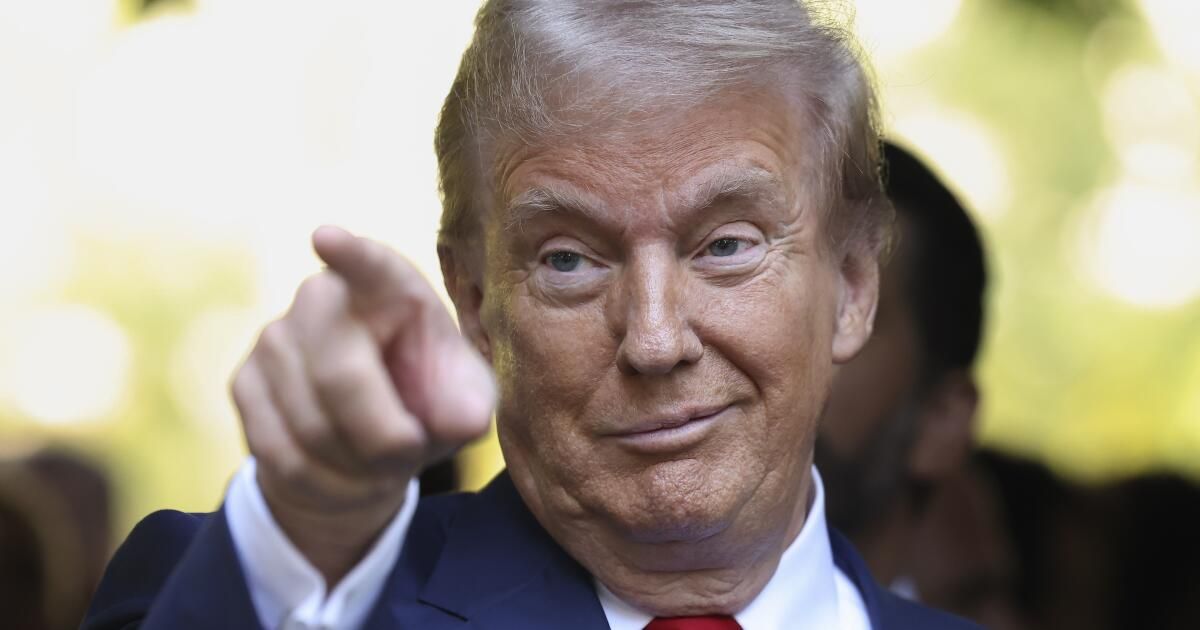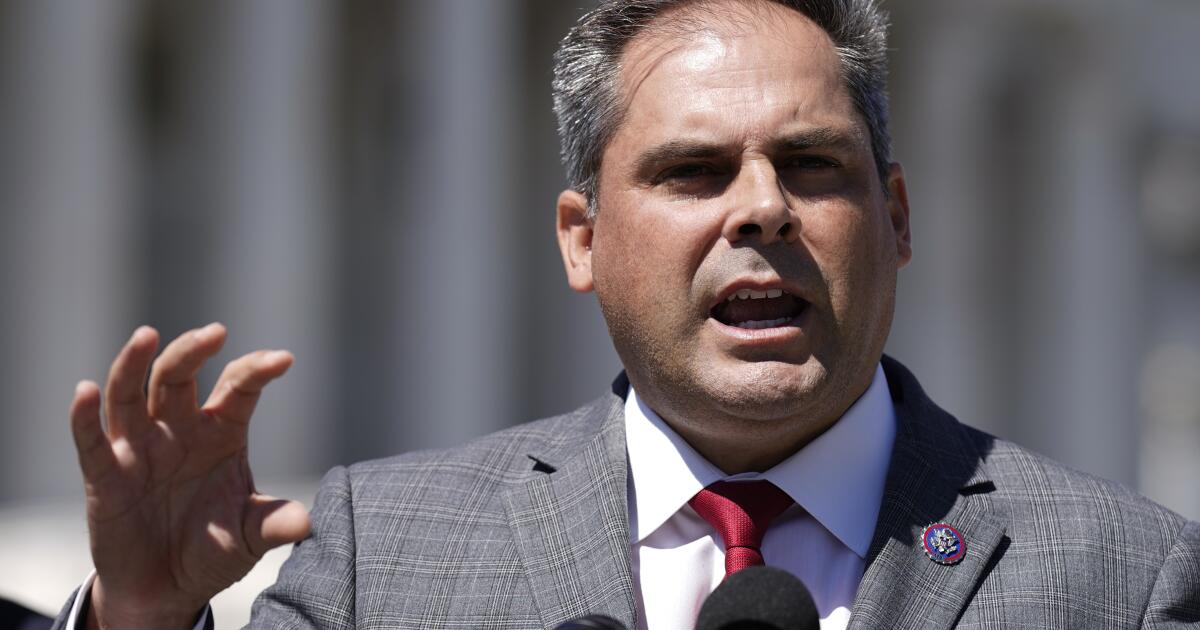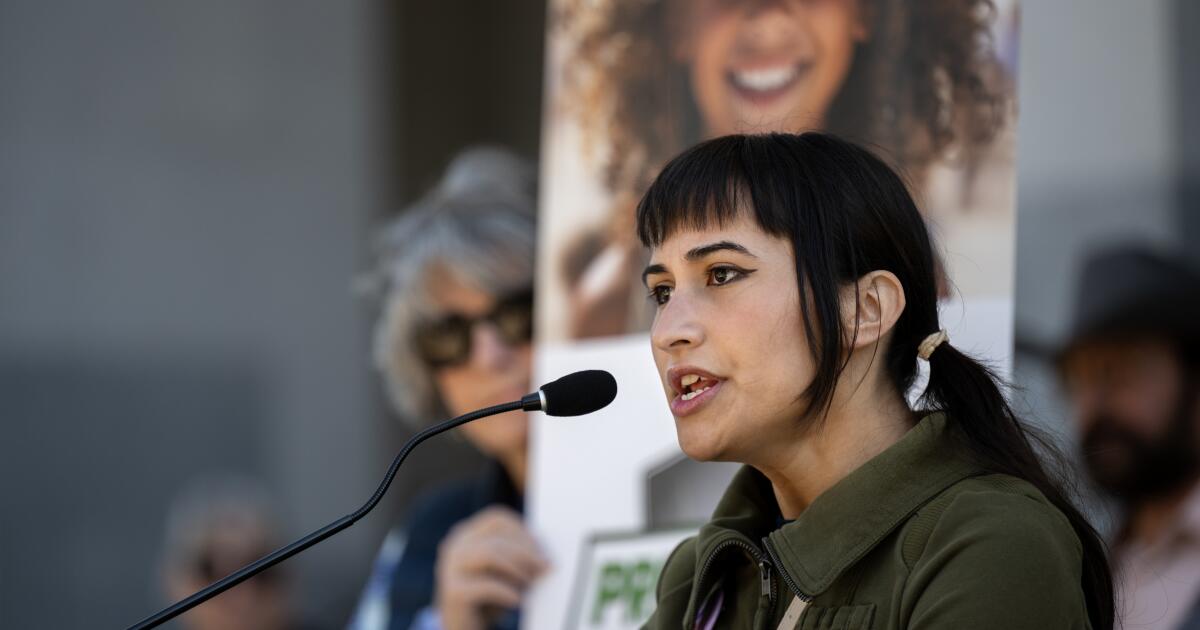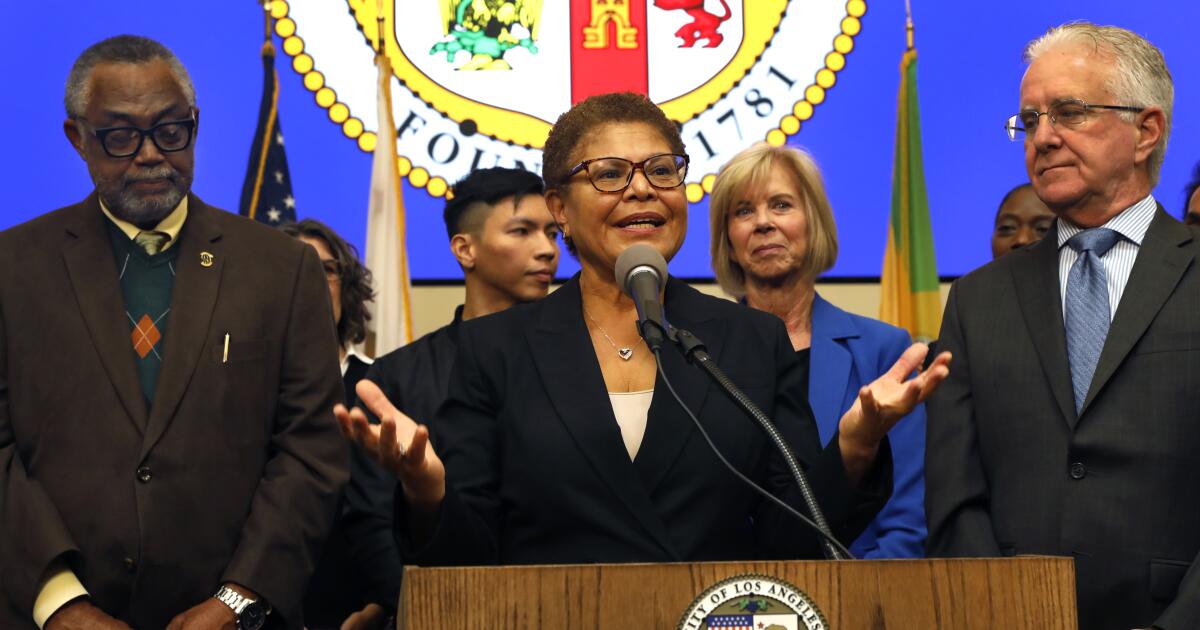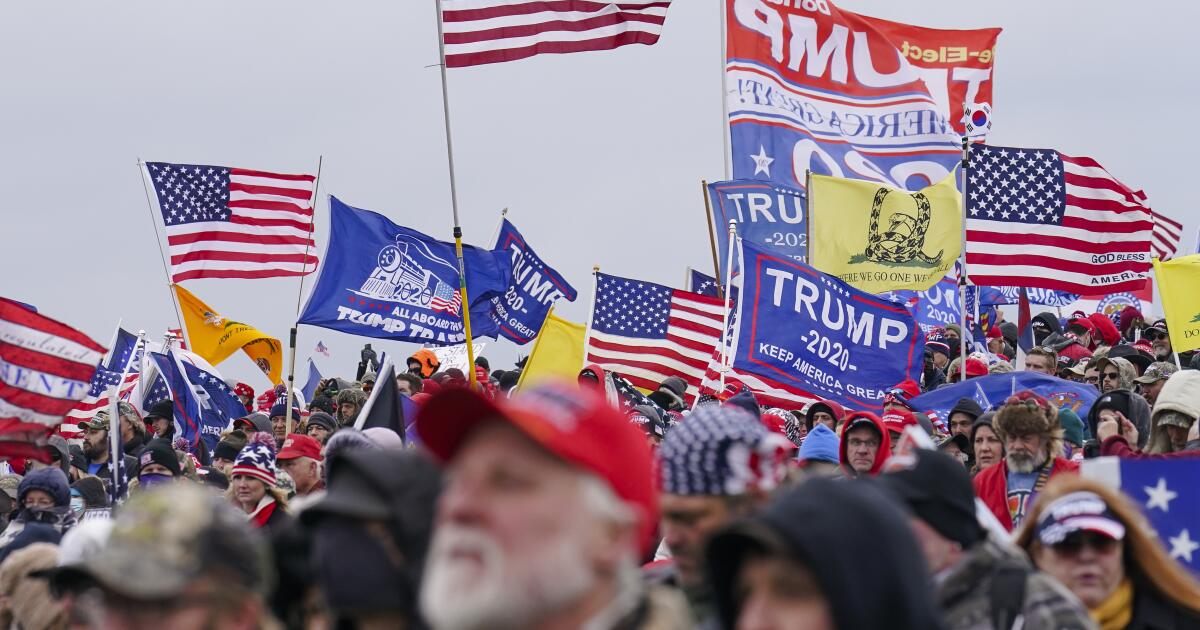If Trump is elected president, he will have pulled off a grand con: Robin Hood in reverse. His economic policies call for transferring trillions of dollars in resources from the poor and middle class to the rich, only thinly disguised as populism and grievance.
Trump constantly blames immigrants and foreigners for taking American jobs and emptying the industrial cities of the country's heartland. But his stance of blaming “outsiders” for everything that ails America while simultaneously proposing draconian trade and immigration policies, do more harm than help to American workers.
Trump’s 2024 tariff proposals (tariffs are taxes paid on imported goods) would take his first-term policies back into disastrous Smoot-Hawley territory, disproportionately affecting low-income and middle-class Americans. People in those groups must spend all or most of their income to survive, while wealthier Americans can afford to save a portion of theirs. Tariffs raise the prices of imports and competing domestic goods, and those who spend most or all of their income are immediately affected.
Economic research has left no doubt that U.S. tariffs hurt Americans more than foreigners. They also tend to depress trade and output; the job-creating benefits are generally more than offset by the harm. For example, research indicates that Trump's 2018-2019 tariffs cost households around $800 per yearand the studies found Job losses due to foreign retaliation, but no discernible effects on employment in newly protected sectorsIn the case of steel tariffs, Extremely modest job creation was overshadowed by much larger job losses. in American industries that use steel as an input.
Similarly, the draconian immigration policies Trump envisions—his promised “largest deportation operation in the history of our country”—would be deeply damaging Deportation is a problem that affects America’s economic prosperity, not to mention its immoral character, and that destroys families and lives. Instead of companies simply turning to “Americans” to fill the place of deportees, research shows that many of those jobs (and companies) disappear: 88,000 for every million deportees.
It is not surprising that economical luminaires We conclude that Trump’s trade and immigration proposals would create massive “stagflationary” headwinds, risking simultaneous rise in recessionary and inflationary pressures. Why would he adopt such damaging and risky policies?
Blaming “others” for economic tensions is a smokescreen that distracts from the rest of their agenda, which is deeply unpopular with most Americans: cutting taxes on the wealthy and corporations. While Trump claims to want broad tax relief, when you do the math related to extending his first-term tax breaks, along with his tariff proposals, Most Americans would be worse off.
Except the ones above.
In addition to extending the tax cuts from his first term, Trump has… promised to reduce the corporate tax rate again to 15%disproportionately benefiting shareholders or owners of capital. (Labor income taxes, payroll taxes, and tariffs fall most heavily on workers.)
Likewise, his speculative plan to exempt Social Security from taxes, while seemingly generous to all retirees, would primarily benefit wealthy retirees, while Deep increase in fiscal pressures on the programrisking profit cuts in the coming years.
What about Trump’s proposal to exempt tips from taxes, which Harris’s campaign has mimicked? While it could benefit poorer workers, without serious protections it could also open up new avenues for tax avoidance. Both campaigns are likely more concerned with winning votes among service-sector workers in the key state of Nevada than with the principles of good tax policy.
A final danger of Trump's fiscal agenda is that it will drive deeper holes into already problematically high budget deficits and debt. Trump's fiscal agenda could would easily cost $5 or $6 trillion over the next decadeand despite their illusions about replacing income taxes with tariffs, The math, once again, doesn't add up.And Trump has never shown much interest in controlling spending; his administration added Much more to the national debt than Biden's.
A potential Harris administration should not learn the wrong lessons from Trump. It is true that President Biden kept many of Trump’s tariffs on China in place, even as they failed to bring about changes in Chinese trade practices. And the Biden-Harris administration imposed new tariffs on $18 billion worth of Chinese goods. Still, these new tariffs affect far less than 1% of the trade that Trump’s proposed tariffs would tax, and they focus on protecting key strategic domestic industries. The Biden-Harris administration explicitly rejected The kind of broad tariffs Trump is suggesting. Harris correctly calls them “Trump’s sales tax.”
America’s “kitchen table” economic problems cannot be solved by blaming foreigners and immigrants. Scapegoating is an easy answer to complex problems that instead require strengthening America’s economic fundamentals, thoughtful engagement with our trading partners, and building a fairer tax system. Let’s not kid ourselves: Trump’s proposals are pure and simple farce.
Kimberly A. Clausing is the Eric M. Zolt Professor of Tax Law and Policy at the UCLA School of Law. She served as Deputy Assistant Secretary for Tax Analysis at the U.S. Department of the Treasury from 2021-22.

